
Blog Details
.webp)
Neurosurgeon vs. Neurologist: What's the Difference and Who Do You Need? >
Introduction
When facing neurological symptoms, many patients find themselves uncertain about which specialist to consult. The confusion between choosing a neurosurgeon and a neurologist is quite common, yet understanding this distinction could be crucial for your treatment journey. Both professionals specialise in disorders of the nervous system, including the brain and spinal cord, but their approaches and expertise differ significantly.
Consulting the right specialist initially can save valuable time in diagnosis and treatment. A neurosurgeon in Ranchi, like in most major cities, typically handles cases requiring surgical intervention, while neurologists manage conditions treatable with medications and other non-surgical approaches. This distinction becomes especially important when dealing with complex neurological issues that might require specific expertise.
Orchid Medical Centre offers integrated Department of Neurosciences where a Neurologist and Neurosurgeon work together. The Neurologist manages neurological disorders non-surgically, while the Neurosurgeon handle surgical issues related to the brain and spine. This collaboration ensures seamless care, timely treatment, and avoids unnecessary tests. Patients often start with the neurologist and are referred to the neurosurgeon if needed, empowering them to make informed healthcare decisions.
Understanding the Role of a Neurologist
Neurologists are medical doctors who specialise in diagnosing and treating diseases of the nervous system. Their expertise encompasses a wide range of conditions affecting the brain, spinal cord, and nerves. These specialists complete extensive training in internal medicine followed by specialised education in neurology.
During a consultation, neurologists typically perform detailed examinations to assess mental status, vision, strength, coordination, reflexes, and sensation. They might order diagnostic tests like CT scans, MRIs, or EEGs to visualise the nervous system or measure its electrical activity. Their diagnostic toolkit helps them identify conditions ranging from headaches and epilepsy to multiple sclerosis and Parkinson's disease.
Most neurologists focus primarily on non-surgical management of conditions. They prescribe medications, recommend lifestyle changes, and monitor progression of neurological disorders. For chronic conditions like epilepsy or multiple sclerosis, neurologists often provide ongoing care and management strategies to help patients maintain quality of life and function.
The Neuro Surgeon's Domain
Neurosurgeons are specialists who treat diseases of the nervous system through surgical intervention. Their training includes general surgery followed by extensive specialisation in neurosurgical techniques. Unlike neurologists, these specialists perform operations on the brain, spine, and peripheral nerves when other treatments prove insufficient.
Common conditions requiring a neuro surgeon's expertise include brain tumours, severe spine problems, traumatic brain injuries, cerebral aneurysms, and certain types of epilepsy. These specialists use advanced technologies like computer-assisted navigation systems, microsurgery techniques, and minimally invasive procedures to perform complex operations while minimising risk to surrounding tissues.
The decision to operate is never taken lightly. Neurosurgeons carefully weigh potential benefits against risks, considering factors like the patient's overall health, age, and specific condition details. They work closely with other specialists to ensure comprehensive care before, during, and after surgical procedures.
When to See a Neurologist
Consulting a neurologist makes sense for persistent symptoms that might indicate a neurological disorder. These include chronic headaches, unexplained dizziness, numbness, tingling, muscle weakness, movement problems, or memory issues. Neurologists typically serve as the first point of contact for neurological concerns.
Neurologists excel at managing chronic conditions through medication and therapy. Patients with epilepsy, multiple sclerosis, Parkinson's disease, or migraines often work with neurologists long-term to adjust treatments as needed. These specialists also evaluate and treat sleep disorders, neuromuscular conditions, and certain types of pain syndromes.
Many neurological conditions can be effectively managed without surgery. Seizure disorders often respond well to anticonvulsant medications, while conditions like multiple sclerosis can be controlled with immunomodulatory therapies. Even for degenerative conditions like Parkinson's disease, neurologists can prescribe treatments that significantly improve quality of life and slow progression.
When a Neurosurgeon Becomes Necessary
Certain situations clearly call for consultation with a neurosurgeon. These include diagnosed brain tumours, severe spinal problems causing nerve compression, traumatic brain injuries requiring surgical intervention, and cerebral aneurysms. In these cases, imaging studies typically reveal structural problems that may benefit from surgical correction.
Emergency situations often require immediate neurosurgical evaluation. Severe head injuries, acute spinal cord compression, or sudden onset of severe neurological symptoms might indicate life-threatening conditions requiring urgent surgical intervention. These emergencies are typically handled through hospital emergency departments that have neurosurgical coverage.
Many patients are referred to neuro surgeons after initial evaluation by neurologists or other physicians. This referral process ensures patients receive appropriate care from the right specialist. Often, neurologists and neurosurgeons work collaboratively, with neurologists providing ongoing care after surgery or monitoring conditions that might eventually require surgical intervention.
The Collaborative Approach
Modern neurological care often involves collaboration between neurologists and neurosurgeons. Complex cases frequently benefit from both perspectives, with neurologists providing comprehensive evaluation and neuro surgeons offering surgical expertise when needed. This collaborative approach ensures patients receive optimal care tailored to their specific needs.
Many medical centres now feature neuroscience institutes where neurologists and neurosurgeons work side by side. This integrated approach facilitates seamless transitions between non-surgical and surgical care when necessary. Patients benefit from comprehensive evaluation without unnecessary delays in treatment or redundant testing.
Technology continues to transform neurological care, with advances like functional MRI, intraoperative monitoring, and stereotactic radiosurgery blurring traditional boundaries between specialties. Both neurologists and neurosurgeons increasingly utilise these technologies, though each brings their unique expertise to their application in patient care.
Diagnostic Approaches
Neurologists typically begin with detailed clinical examinations, testing reflexes, strength, sensation, and coordination to locate problems within the nervous system. They may order electrical studies like EEGs to measure brain activity or EMGs to assess nerve and muscle function. While they use imaging studies, their focus remains on functional assessment.
Neuro surgeons rely heavily on structural imaging studies like MRIs and CT scans to visualise anatomical abnormalities that might benefit from surgical correction. They assess whether problems like tumours, herniated discs, or vascular malformations are amenable to surgical intervention. Their diagnostic approach focuses on identifying structural issues with surgical solutions.
Both specialists might order similar tests, but they analyse results through different lenses. A neurologist might use an MRI to confirm a multiple sclerosis diagnosis and monitor disease progression, while a neurosurgeon would examine the same scan to determine if a tumour is safely resectable or if spinal stenosis requires decompression surgery.
Making the Right Choice
For many patients, the journey begins with a primary care physician who can provide initial guidance. These doctors often refer patients to either neurologists or neurosurgeons based on preliminary evaluations and symptoms. Following this referral pathway typically ensures appropriate initial speciality care.
Symptoms provide important clues about which specialist might be more appropriate initially. Problems like seizures, migraines, memory issues, or tremors typically warrant neurologist evaluation first. Symptoms like severe back pain with nerve compression, signs of increased intracranial pressure, or diagnosed tumours might prompt direct referral to neuro surgeons.
Insurance coverage and accessibility sometimes influence specialist choice. Some healthcare plans require referrals from primary care physicians before covering specialist visits. Availability also varies geographically, with neuro surgeons typically concentrated in larger medical centres while neurologists might practice more widely in community settings.
.webp)
.webp)
Conclusion
Understanding the distinction between neurologists and neurosurgeons empowers patients to participate more effectively in their healthcare decisions. While neurologists focus on diagnosing and managing neurological disorders through non-surgical means, neuro surgeons specialise in surgical interventions for structural problems of the nervous system. Many patients benefit from seeing a neurologist initially, who can then refer to a neurosurgeon if surgical intervention becomes necessary. This collaborative approach ensures comprehensive care for the complex and vital nervous system.
>
>
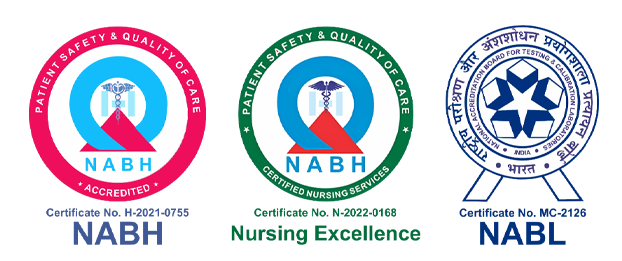






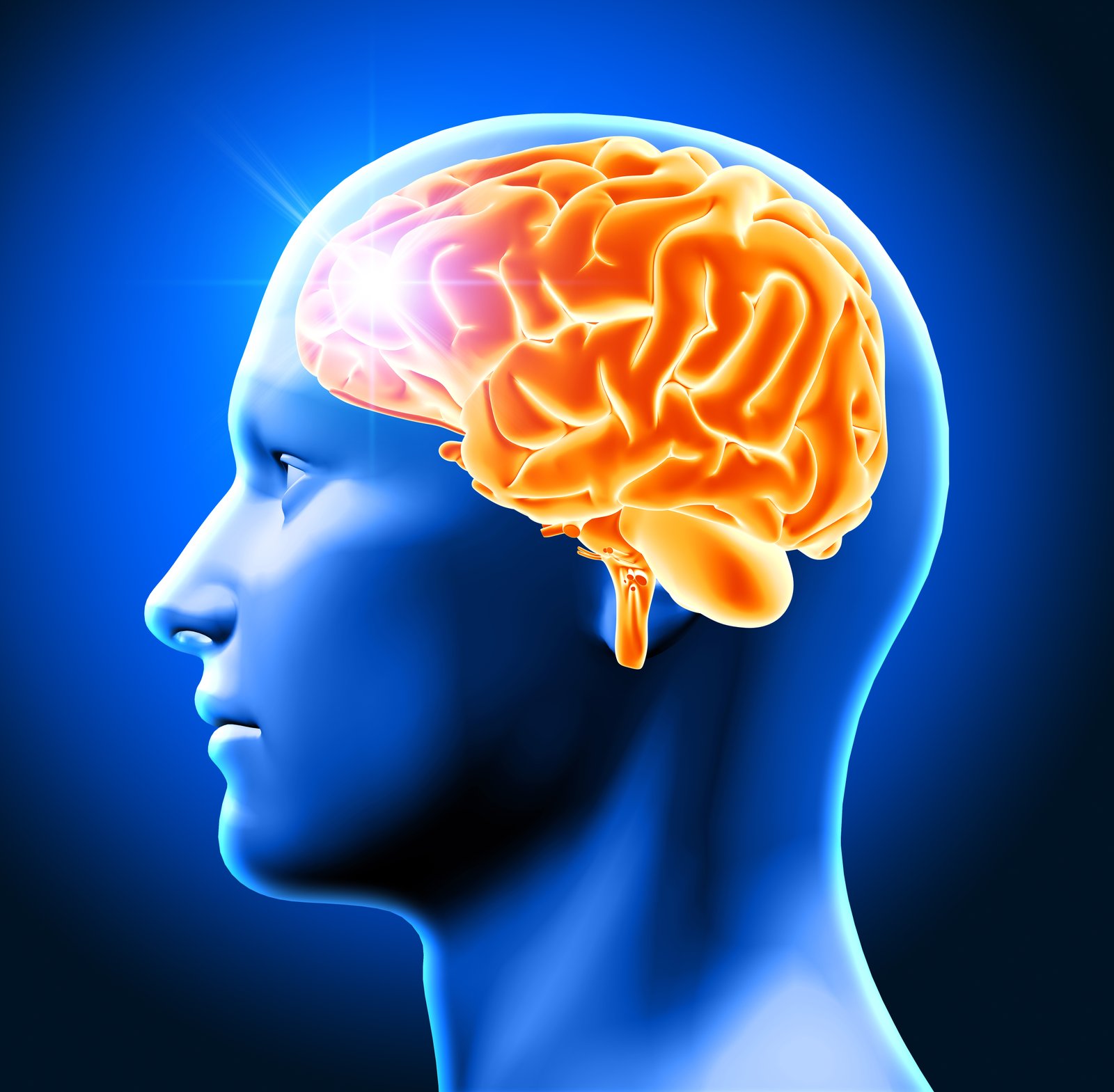


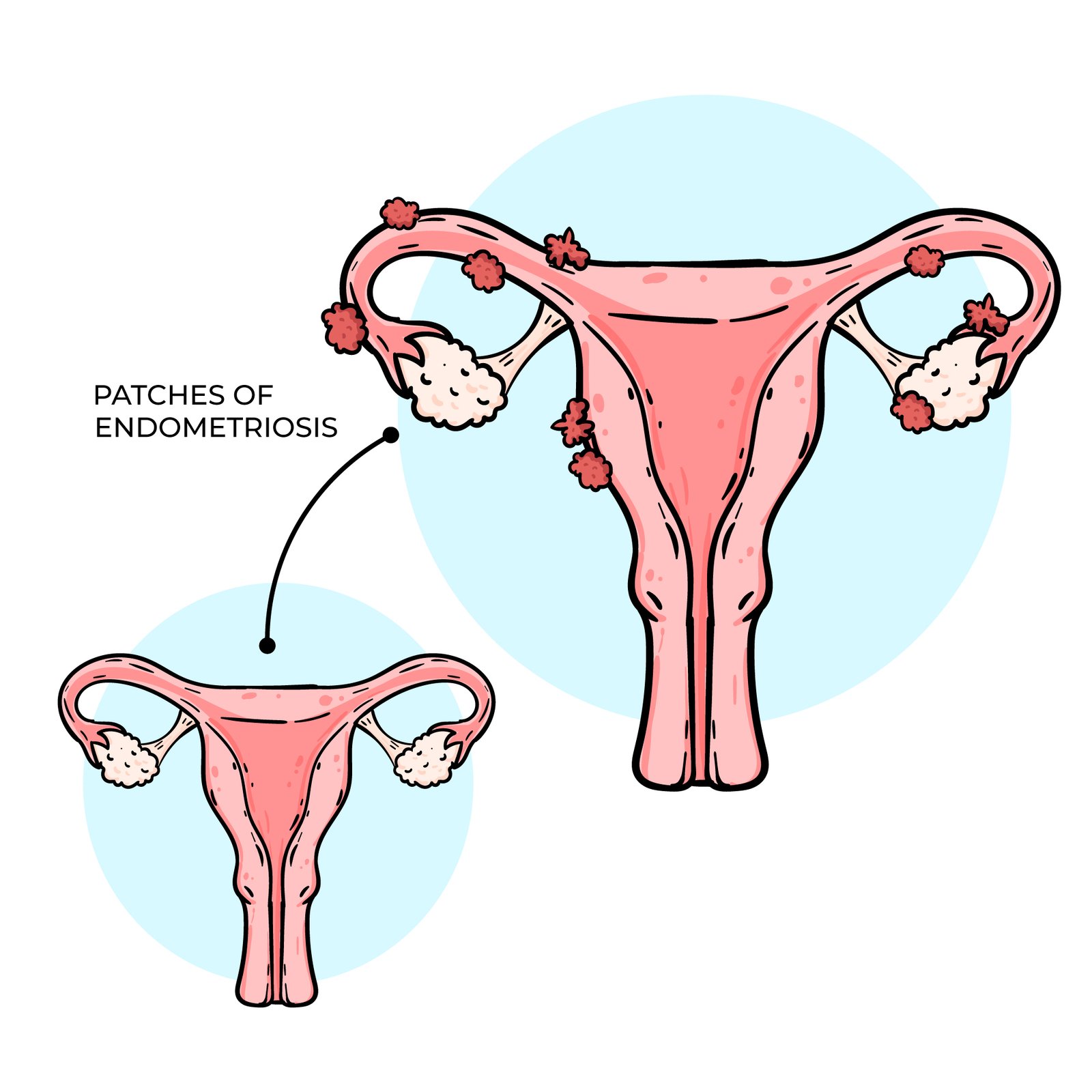
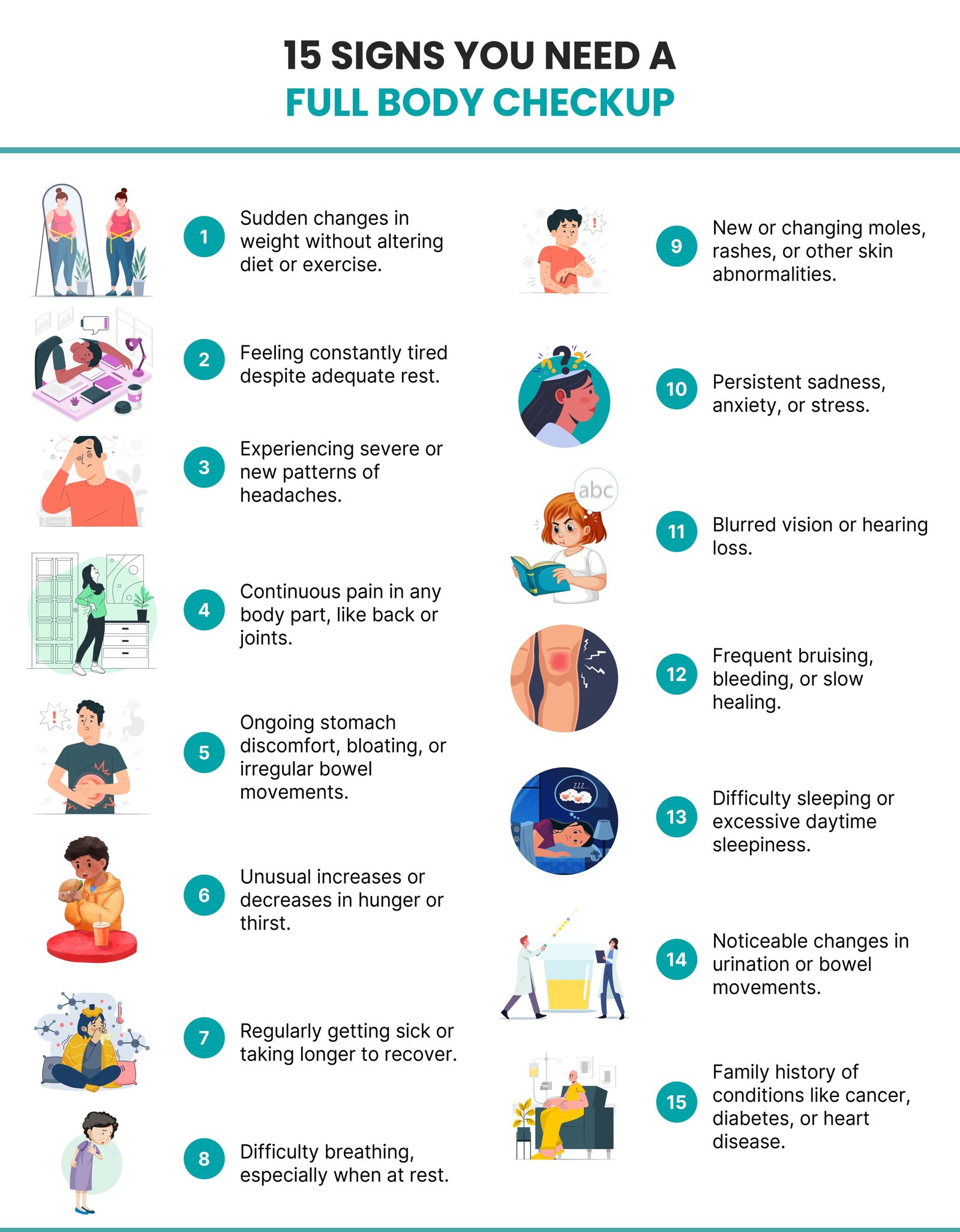



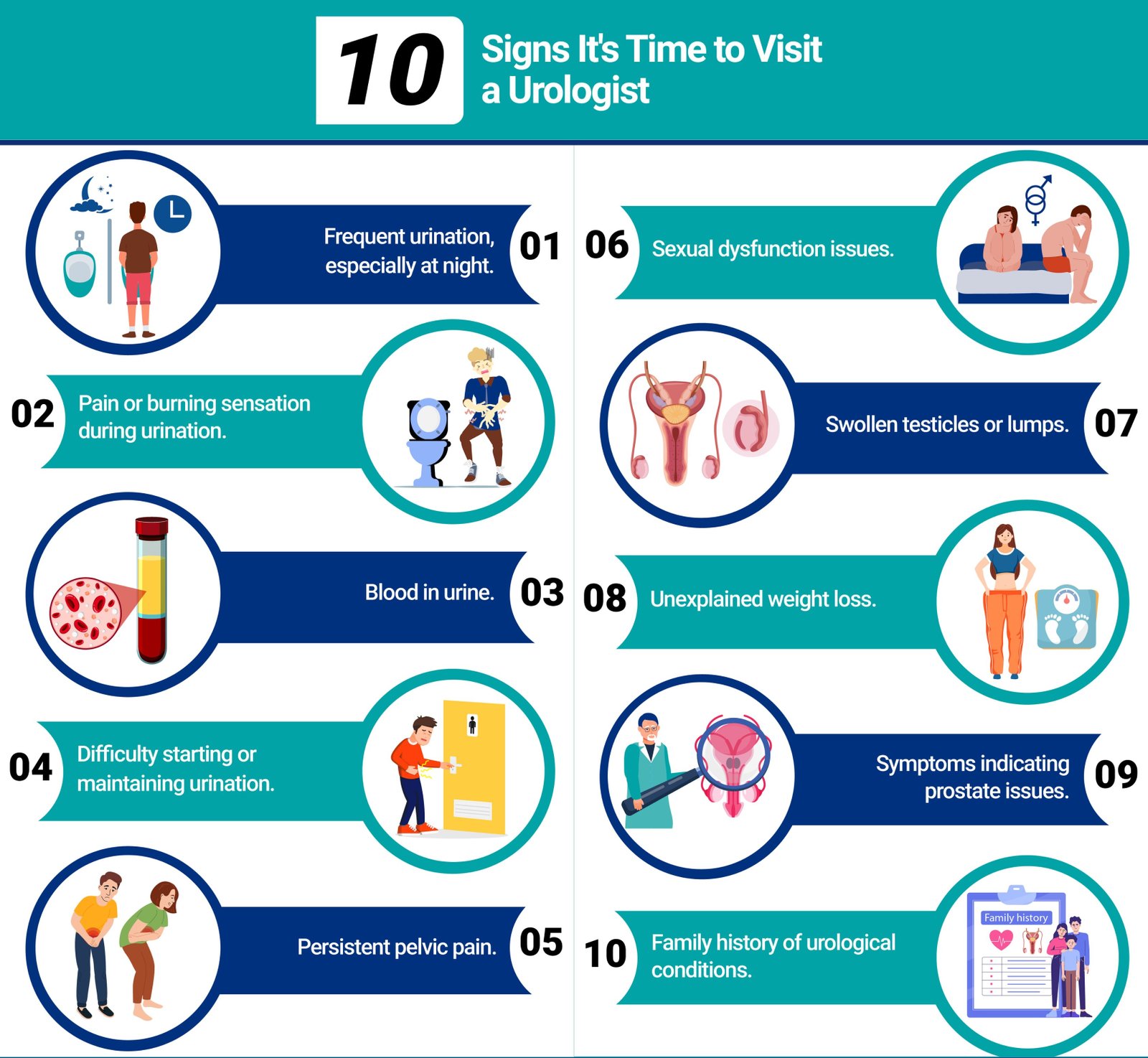






.jpeg)

.jpg)


_11zon.webp)
 (1).webp)


.webp)